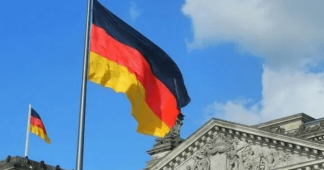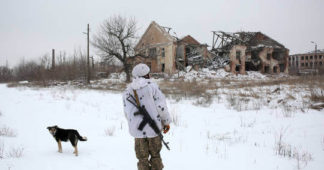Energy crisis: where could Europe’s gas come from if Russia cuts exports?
Threat of war with Ukraine has led to fears of gas shortages in Europe, but there are alternative supplies
By Jillian Ambrose
Rising tensions on the Russia-Ukraine border have raised fears that Europe’s gas supply crisis could become far more serious. Gas market prices have already surpassed record highs and threaten to saddle European households with a cost of living crisis.
Russia is Europe’s largest supplier of gas, of which a third flows through Ukraine’s gas pipelines to countries across the continent. Russian gas flows have been a quarter lower than usual over the past year, but European leaders now fear that a Russian invasion of Ukraine could spell an energy catastrophe if gas exports are cut.
White House officials said this week that the Biden administration is preparing to finalise a deal to “ensure Europe is able to make it through the winter and spring” by brokering a deal for major gas producing countries to send liquified natural gas (LNG) by tanker to Europe. It is not a plan without challenges.
Where could Europe’s emergency gas supplies come from?
US officials have described the search for spare gas cargoes as “global”.
But the talks are likely to focus on Qatar, one of the world’s biggest producers of gas and the second largest exporter of liquified natural gas (LNG) behind Australia. Qatar is a strong western ally in the Middle East and has supplied LNG to the UK and other European countries for years, shipped super-chilled via tankers. Libya may also be able to help given its strong gas production and close proximity to the continent.
The US itself could play a direct role in bolstering Europe’s gas supplies too. A record number of LNG cargoes left the US destined for European ports over the last month, and the US has a strong long-term incentive to encourage Europe to give up its reliance on Russia – and the Nord Stream 2 pipeline project – in favour of its own shale gas reserves.
Continue reading at www.theguardian.com
We remind our readers that publication of articles on our site does not mean that we agree with what is written. Our policy is to publish anything which we consider of interest, so as to assist our readers in forming their opinions. Sometimes we even publish articles with which we totally disagree, since we believe it is important for our readers to be informed on as wide a spectrum of views as possible.











